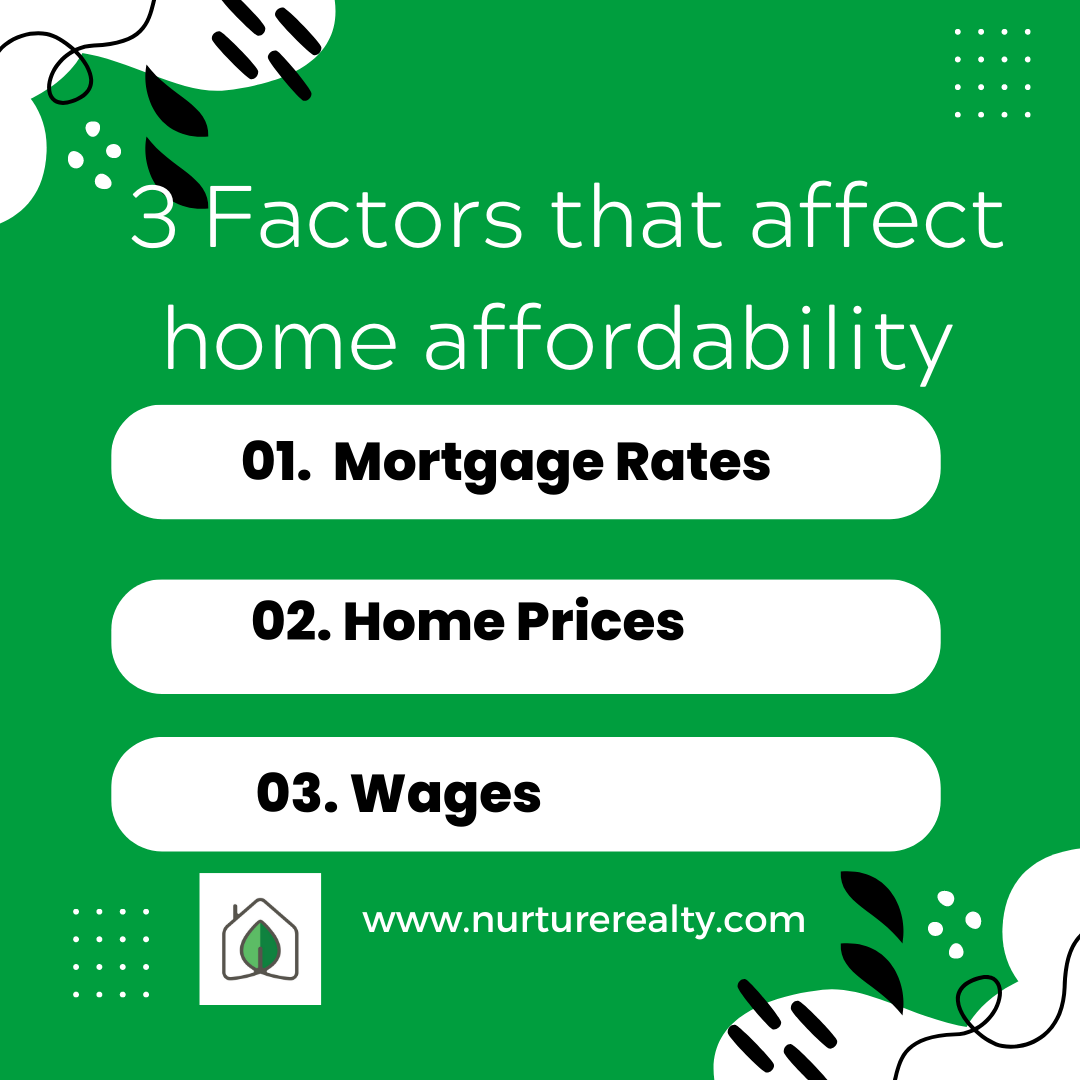5 Tips to Help You Decide Whether to Purchase a Starter Home or a Forever Home
/According to statistics, 34% of homebuyers in the United States are buying their first homes. This fact suggests that the majority of homebuyers will not live in their first home forever. If you are shopping for your first home, you may be wondering whether you should aim for a starter home or a home you will want to live in forever. These tips can help you decide.
1. Consider the Pros and Cons
Starter homes are usually more affordable than forever homes. If you are on a tight budget, then a starter home may be a good buy. Additionally, when you decide to move to your forever home, you can rent out your starter home to generate an income stream. The downside is that your starter home may be small and need repairs. It may also be more difficult to sell when you are ready to move on.
Purchasing a forever home means you won't have to move again, which may be ideal if you plan to start a family and don't want to uproot your kids. Forever homes usually have more space to work with. The downside is that a forever home will cost more money, and keeping a home long-term means more upkeep costs as the home ages.
2. Factor in Your Moving Costs
There are more expenses involved in a home purchase than just the purchase price. If you spend all of your budget on the home you are buying, you may not have anything left for expenses such as hiring a mover. Before meeting with a moving company, ask for a price quote and talk about your needs. Check online reviews to make sure you hire a trustworthy company.
3. Be Wary of Buying As-Is
Purchasing a home as-is can seem like a good way to save some money, but there may be hidden costs. Most homes that are sold as-is need repairs, and these repairs can be expensive. Be sure to get the home inspected and consult with an attorney before making a purchase. Additionally, some of these homes may have liens or unpaid taxes. Do a records search to check for red flags.
4. Factor in Insurance Costs
Insurance is another major cost of buying a home. In addition to purchasing homeowners insurance to cover potential damage to your home or liability if someone gets hurt on your property, consider coverage for the systems and appliances in your home.
Homeowners' insurance does not cover these expenses, but a home warranty can. But is a home warranty worth it? Before deciding on purchasing a warranty, review the inspection report for red flags and find out if there are any existing warranties on the appliances that come with the home and what they cover.
5. Think About Your Reasons for Buying
Are you buying a home because you want to build equity instead of paying rent? Do you plan to start a family? Do you anticipate moving in a few years for a new job or to explore a new city? If your goal is to buy a place where you can raise a family, a forever home makes sense. If you just want to stop paying rent and anticipate you may move on in a few years, a starter home makes sense.
Buying a home is the largest purchase most people will make in their lifetime. What type of home to buy is a big decision, but if you take the time and do your research, as well as work with Nurture Realty, you can make the right choice.
~Sharon Perry














